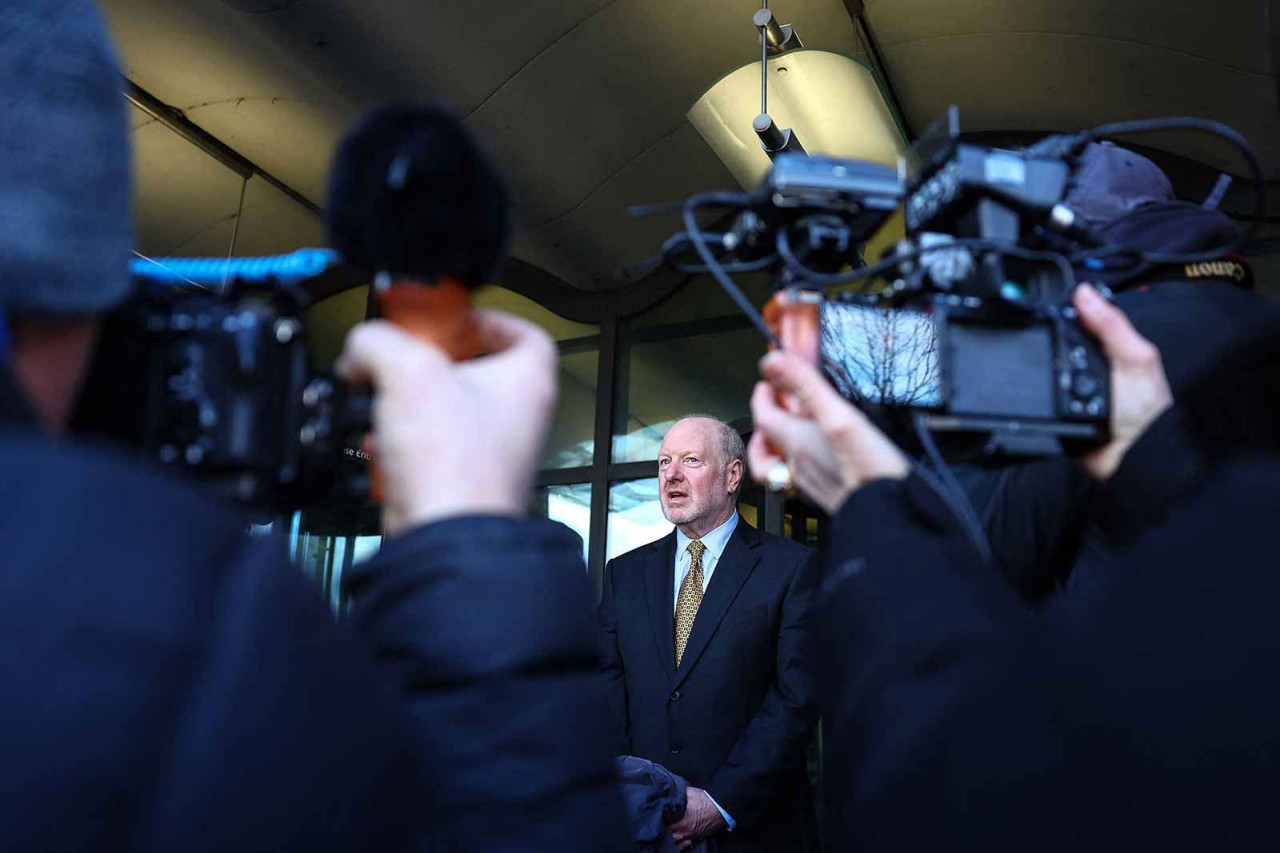
Most people, at least on the face of it, would welcome their employer executing a sustainability plan to help the entity meet its own environmental targets. But supportive enthusiasm is not enough. For the plan to succeed, employees need to be invested in it and engaged with it.
‘In times of transition, there is inevitably some pushback when it comes to implementing new ways of working,’ says sustainability coach Jess Carter from Empowering Environmentalism. ‘Taking employees on your organisation’s journey is essential in creating a culture that is open to change.’
‘If employees build the plan, it’s more likely to be successful’
All aboard
OxygenArk founder George Yang says for employees to engage in sustainability goals, a business must foster a sustainable culture. ‘We did this by integrating environmentally conscious business practices within our daily operations and brand. This technique has helped our team bond and take pride in their work while reducing our environmental footprint.’
To this end, employees should be involved in formulating the plan from the beginning. ‘Employee engagement and empowerment is key to success,’ Carter says. ‘If employees build the plan, it’s more likely to work. Employees, who know the organisation best, will understand its priorities and limitations and will easily be able to co-create a suitable action plan that takes this into account.
‘Once short-term goals are achieved and staff feel accountable, they can take great pride in achieving further goals with their colleagues and making a positive impact on their organisation and the planet.’
Sustainability is a very broad church and it is not a tough sell – most people care about it, says Sharon Darwent, a director in EY’s UK and Ireland practice. ‘But what is difficult for most people is understanding what they can tangibly do to make a difference. So leaders need to take this ethereal concept and ground it in the reality of their business and highlight very specifically the kind of actions that individuals can take.’
‘You can’t just give people this grand ambition and say, “off you go”’
KPI treatment
Businesses are comfortable working within frameworks and with goals that support progress and congratulate success, so Carter recommends treating sustainability goals in the same way as any other key performance indicator (KPI). ‘All organisations have a different method of operating, and if a new concept can be treated in a similar manner to any other board-level decision, then it’s more likely to be integrated quickly as business as usual.’
Darwent recommends developing a skills framework to help teams and individuals achieve their goals within the plan. ‘You can’t just give people this grand ambition and say, “off you go”. People need the understanding, the belief, the inspiration, the support from leaders, as well as the skills to help them, so training and education are important.’
Many of the skills will be familiar to finance professionals and those with project experience, such as strong organisational capabilities, leadership, communication, time management, setting and meeting KPIs, motivating others, and reporting and presenting.
But additional engagement such as attending events and expert talks around eco-consciousness and climate change to understand the issues better can help energise staff. ‘We’ve implemented comprehensive educational programmes to highlight the impact of sustainability efforts and how individual contributions make a difference, thus empowering employees to participate actively,’ says Yang.
‘Leaders must be role models. There needs to be a clear vision, with KPIs and goals’
Go all-out
Employees may be hesitant to get involved in a plan for various reasons, such as perceived extra workload, lack of incentive, or simply scepticism around the broad issues or an organisation’s commitment. To counteract this, managers need to clearly communicate the business’s motivations for undertaking a plan and its objectives, while ensuring that adequate resources and continuous support will be provided to achieving outcomes.
And the plan needs to be at the heart of an organisation’s strategy, not just lip service or peripheral. It has to be led from the top. ‘If the plan isn’t prioritised by leadership – those who allocate resources – it can be really difficult,’ Darwent points out. ‘Leaders must be role models for everyone to follow. There needs to be a clear vision for the future, with KPIs and goals.’
Carrot-led
Managers may need to incentivise too. A very relatable incentive is the skills and experience gained from being involved with or even helping lead a plan. It all looks good on a CV, and could even lead people, especially finance professionals, down new career avenues.
There needs to be far more carrot than stick. Celebrate a plan’s success, focusing on the people who drove it – make heroes of them, provide rewards, which could be anything from gift vouchers to an extra day of annual leave to paid training.
It’s the little things
Tangible changes can be small, everyday behavioural ones. ‘These will nudge people in the right direction and on aggregate make a big difference. You have to make a plan seem achievable,’ says Darwent. For example:
- Encourage staff to turn off lights and unplug computers (to avoid standby power use) when leaving the office
- Open the blinds and turn off radiators – let daylight warm and light the workspace
- Encourage a paperless environment, stock the office kitchen with real plates and cutlery, recycle office waste including food waste, install a plastic cup-free water dispenser, use eco-friendly cleaning products, and fix leaky taps
- Consider cycle-to-work schemes
- Donate or recycle old computer equipment
- Consider obtaining B Corp status and adopting ISO 14001.



